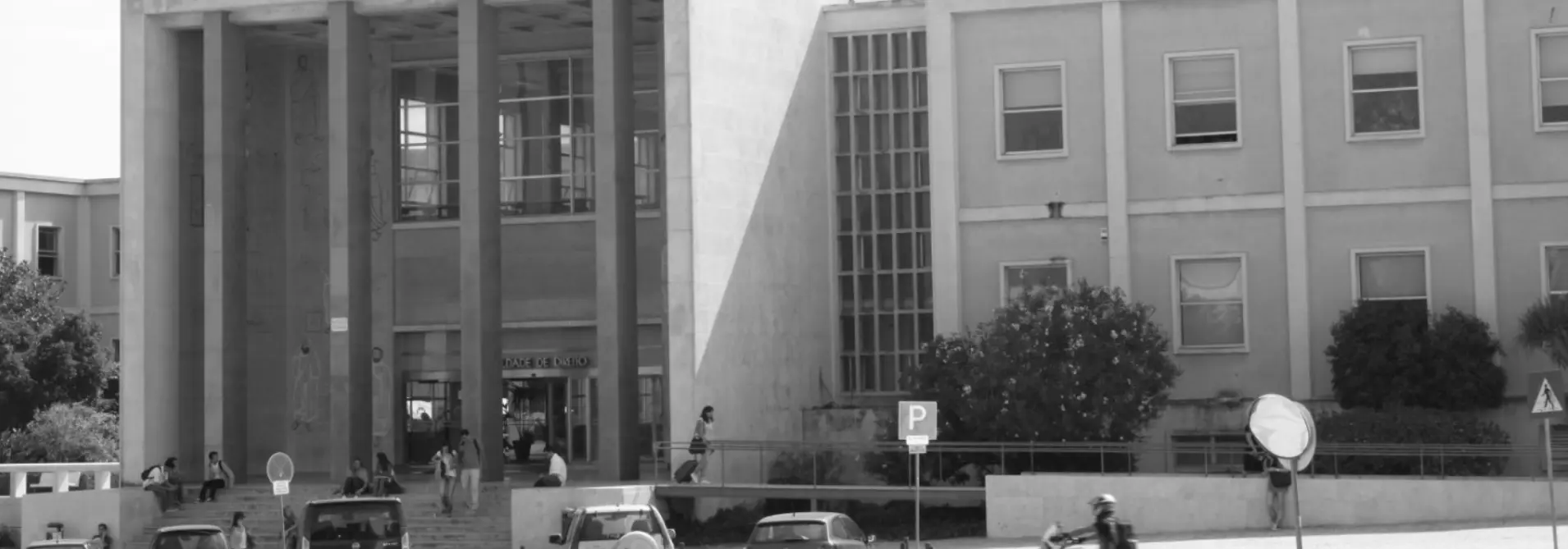RESEARCH
LPL EDITIONS
RESEARCH ACADEMY
HAPPENING
RESEARCH
International and European Law
Towards Legal Protection of the Future? Considering the Legal Protection of Future Generations

Responsible Researchers:
Maria Luísa Duarte
Maria Luísa Duarte
Financing:
UIDB/04310/2020
UIDB/04310/2020
Project Status:
Closed
Closed

Summary
The theme of justice between generations in the legal field experienced its greatest momentum within the major environmental issues that characterized the green 1970s. Therefore, talking about the rights of future generations usually means talking about Environmental Law. However, one of the needs that the project aims to fulfill is to move away from this apparent exclusive relationship between the protection of future generations and Environmental Law.
Current legal doctrine (e.g.: Brown Weiss, Burns Weston, Bachs E Westra, Collins, Lamay, Shoham) increasingly focuses on this new issue, although from a predominantly environmental perspective.
However, since 1987, with the Report of the World Commission on Environment and Development, which became known as the Brundtland Report, (or even Our Common Future) the world has awakened to the need to plan sustainable development based on the three main pillars : Economy, Society and Environment.
Ten years later, in 1997, the Declaration on the Responsibilities of Present Generations in Relation to Future Generations (UNESCO) appeared. Federico ZARAGOZA, opportunely expressed UNESCO's position in 1998, recognizing at the time that the “right to life and the preservation of genetic heritage, the right to personal and collective development and fulfillment, together with the right to live in an ecologically balanced environment, are some of the basic principles that need to be recognized and guaranteed, henceforth, as far as possible, to the men and women of tomorrow.”
In effect, the right to “Sustainable Development” explains with greater precision what has been sought to be enshrined at the level of International Law as the “excellent interest of future generations”, both in moral philosophy and in the various legal documents (essentially international, such as the Rio Declaration, 1992) that fight for the protection of the interests of posterity.
In Portugal, and as has been seen throughout Europe, demonstrations such as the so-called “Protest Geração à Rasca” and subsequent events are a very valid demonstration of the urgency and relevance of the project.
The internal and European debate on political and legal measures to safeguard the interests of future generations has been increasing with the issue of sovereign debts and imminent insolvency of States, with European Union policies increasingly being covered by concerns and strategies of long term.
One of the examples of this was the adoption in 2010 by the European Commission of EU 2020 (“EUROPE 2020 – Strategy for smart, sustainable and inclusive growth”), which is seen as a revealing sign that political and legal concerns on the international and community scene are increasingly based on a “space/time” axis. A primordial question that still exists in the philosophical debate is knowing how normative concepts such as “obligations”, “rights” or “harm” can be interpreted, when applied to the intergenerational context. This is due to the fact that people not born or conceived do not yet exist and that, consequently, their number, identity and interests remain uncertain.
However, there is consensus that moral significance should be attributed to the lives of future generations and it is certain that discourses on the subject are typically based on rights: if we accept that universal human rights apply to each and every individual, there will be plausible arguments that demonstrate that unborn individuals have the same rights (or the right to early protection thereof), in a transgenerational legal discourse? This project will seek to develop legal answers to these questions.
Objectives
This research project aims to achieve the following objectives:
1) Alert the scientific community to the need for a legal debate around the protection of the legitimate interests of future generations;
2) Demonstrate that the interests of future generations are not limited to environmental issues, but are rather a topic that cuts across environmental, economic and social issues;
3) Survey the areas in which the issue of intergenerational equity arises and the respective impacts in terms of public policies;
4) Promote reflection on concrete measures that attempt to reconcile current needs with the duty to protect the interests of future generations as recommended by UNESCO in the Declaration on the Responsibilities of Present Generations in Relation to Future Generations, adopted on 12 November 1997 and ten years earlier by the Brundtland Report, also known as Our Common Future, from the United Nations World Commission for Environment and Development.
5) Place CIDP and the Faculty of Law of the University of Lisbon on the international route of the “Law and Intergenerational Justice” dialogue.


